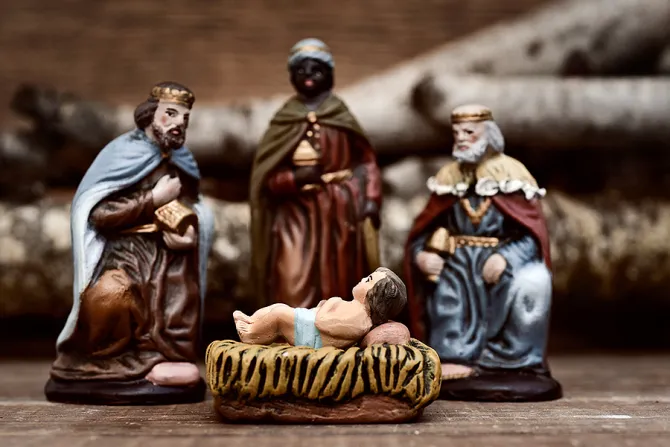Valentine Obienyem
As a young seminarian in 1985, our CRK teacher and Rector, Fr. Joseph Nwanna, challenged us to name the term used to refer to the three wise men with the offer of money for the person who would get it right. None of us succeeded. Fr. Joseph then informed us: The Magi.
In 2010, someone came to my office and introduced himself as Caspar. He mentioned that the name might be unfamiliar, as it is rare. He was surprised when I told him that Caspar was one of the wise men who visited Jesus. I also named the other two for him: Melchior and Balthazar.
He became interested and asked me many other questions about biblical history. During our discussion, I revealed to him the names of the two thieves crucified with Christ: Gestas and Dismas. Today, Dismas is celebrated as a saint in Catholic and Eastern Orthodox Christianity. My parish priest at St. Paul’s Catholic Church, Ebute-Metta, Lagos Msgr. Michael Omisesan , once described him as the most successful thief, who also ‘stole the kingdom of God’ at the point of death. The argument is compelling. Why have I not seen people answering that saintly name?
Now, to today’s feast: The Epiphany. Apart from marking the end of Christmastime in some Churches and the accurate identification of the wise men’s names, handed down by tradition, it reminds us of one of the sources of Catholic teaching: Sacred or Apostolic Tradition. Yes, the Catholic Church believes in tradition and can confidently point to some Christian teachings not explicitly contained in the Bible. The Church has moral authority because, being older than the complete Bible as it is written today, she confidently identifies those apostolic traditions not explicitly stated in the Bible. Thus, the tradition the Church has in mind is apostolic and not merely the tradition of our forefathers.
Why do other churches not believe in tradition? The answer is simple. It’s escapism. They lack the moral authority or right to do so, except if they rely on the foundation of the Catholic Church. This raises questions about their orthodoxy, leading them to entirely avoid it by following Luther’s “sola Scriptura.”
But the most interesting aspect of tradition is that it is rooted in the Bible itself. We won’t delve into it here, but some chapters of the Bible are helpful: 2 Thessalonians 2:15, 1 Corinthians 11:15, 2 Timothy 2:2, among others.
As the Church founded by Christ and still maintaining apostolic tradition, the Catholic Church cannot be wrong. I am open to discussing this topic, purely for teaching and intellectual purposes.

